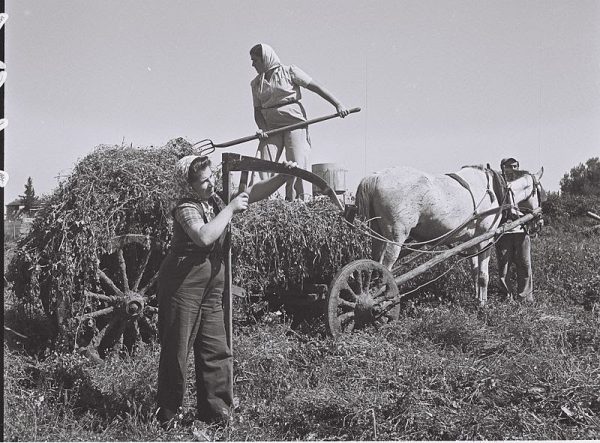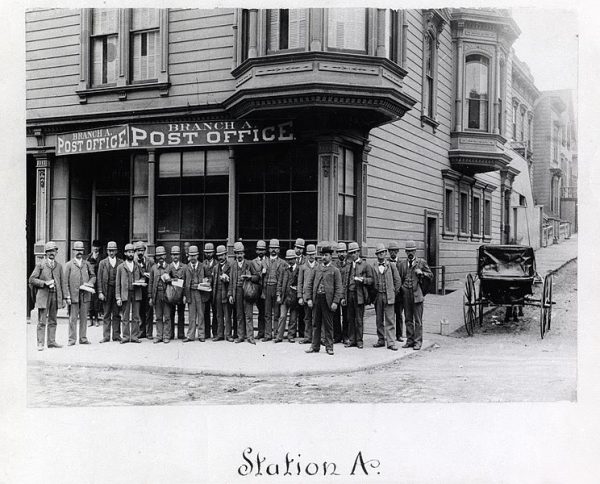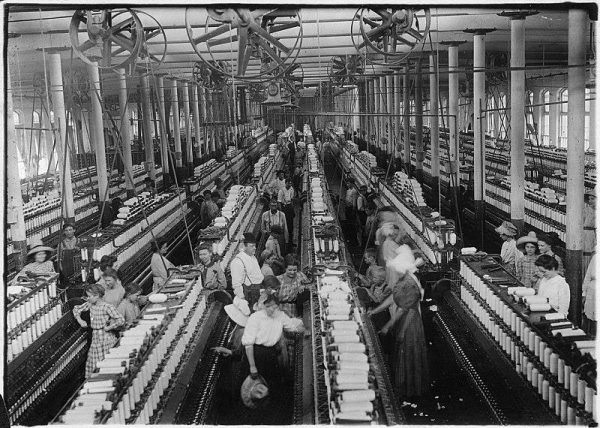Blog

HANDBOOK HELPER EPISODE 44
GET-AWAY TIME
Personal Leaves of Absence
California regularly expands the already long list of unpaid required leaves of absence…

CAUTIONARY TALE EPISODE 88
SUNBURNED
National Raisin to Pay Big for Sexual Harassment of Seasonal Female Workers
National Raisin will pay $2 million and its co-employer Select Staffing $500,000 to settle sexual harassment allegations brought by the Equal Employment Opportunity Commission (EEOC).

CAUTIONARY TALE EPISODE 87
TAKE CARE
Tech Giant Must Pay for Unlawfully Interfering with Protected Leave
The California Civil Rights Department (CRD) has obtained a $14,425,000 settlement from Microsoft Corporation for allegedly discriminating and retaliating against employees returning from disability, pregnancy, and family caretaking leave.

FREE MONEY
California Paid Family Leave Grant Program Available to Eligible Businesses
California’s Paid Family Leave (PFL) — a temporary disability program administered by the state’s Employment Development Department (EDD) — provides up to eight weeks of state-funded partial wage replacement benefits for workers needing time off to care for a seriously ill family member, bond with a new child, or participate in a qualifying military event.

CAUTIONARY TALE EPISODE 86
ACCOMMODATE, DON’T RETALIATE
Superstore to Pay $75,000 for Disability Discrimination and Retaliation
A North Carolina Walmart distribution center refused an employee’s intermittent leave request for a neurological issue in her hand and wrist. The company insisted she return to full duty or not at all, then terminated her after she protested its denial of intermittent work.

TRUST ME, I’M A LAWYER
Mass Employment Litigation is No Fun
Dear Employers: Please, as soon as superhumanly possible, confront and upgrade workplace practices to full Labor Code compliance. It pains me to hear a procrastinator ask the cost of defense – the projected time, money, risk — when facing a class action or “PAGA” (2004 Private Attorneys General Act) suit. As these cases involve so many factors, “expense more than you can likely imagine” is about as specific as one can get.

NON-COMPETE CHAOS
Reprieve From Federal Non-Compete Ban (For Now)
On August 20, 2024, a Texas federal court issued an injunction stopping the Federal Trade Commission’s (FTC) new non-compete regulation from taking effect on September 4.
See Freeing Enterprise: FTC Prohibits Employee Noncompetes (May 17, 2024).

WHAT’S NEW IN 2024
LOS ANGELES COUNTY FAIR CHANCE ORDINANCE
Effective September 3, 2024
The nationwide “ban-the-box” movement is part of government’s effort to remedy blanket disqualification of persons with criminal records for any job. Ban-the box laws typically require employers to eliminate the criminal history question on a job application, reduce an employer’s accessibility to criminal records until after extending a conditional job offer, and require the criminal offense to be relevant for that job position for an employer to use it as a disqualifying factor.

CAUTIONARY TALE EPISODE 85
GONE POSTAL
USPS Tagged for Retaliation Against Injured Workers
Triggered by an Occupational Safety and Health Administration (OSHA) investigation, the federal Department of Labor (DOL) sued the U.S. Postal Service, obtaining a court approved settlement…

CHILL SKILL
California’s New Indoor Heat Rules July 23, 2024
New Division of Occupational Safety and Health (Cal/OSHA) indoor heat illness prevention regulations go into effect July 23, 2024. They apply to all indoor workplaces with temperatures of 82 degrees F or more when employees are present. Employers must take additional measures when the indoor temperature is at least 87 degrees F.
